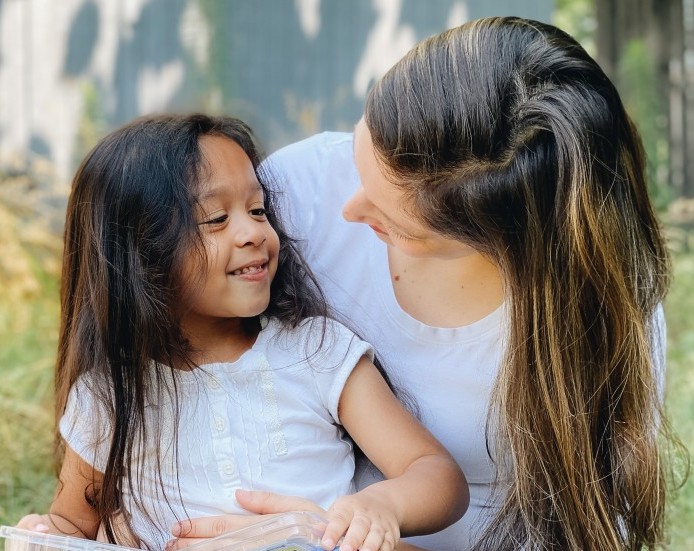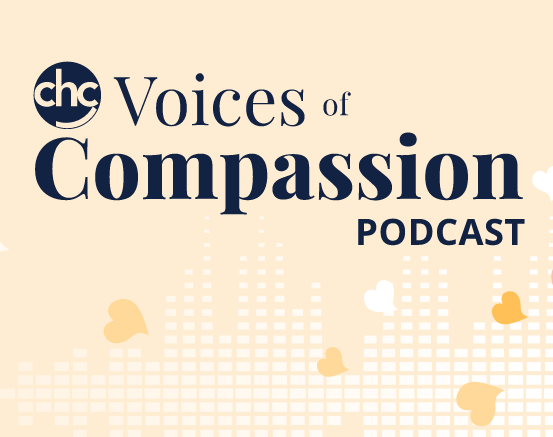Explaining the News to Our Kids
 Whether it’s wall-to-wall coverage of a global pandemic, the latest natural disaster, a horrific mass shooting, a suicide broadcast on social media, or a violent political rally, it’s nearly impossible to keep the news at bay until you’re able to figure out what to say. The bottom line is that elementary school-aged kids and some middle schoolers have trouble fully understanding news events. And though older teens are better able to understand current events, even they face challenges when it comes to sifting fact from opinion — or misinformation.
Whether it’s wall-to-wall coverage of a global pandemic, the latest natural disaster, a horrific mass shooting, a suicide broadcast on social media, or a violent political rally, it’s nearly impossible to keep the news at bay until you’re able to figure out what to say. The bottom line is that elementary school-aged kids and some middle schoolers have trouble fully understanding news events. And though older teens are better able to understand current events, even they face challenges when it comes to sifting fact from opinion — or misinformation.
So what can you do as a parent to help your kids deal with all this information?
Tips for kids under 7
Keep the news away. Turn off the TV and radio news at the top of the hour and half hour. Read the newspaper out of range of young eyes that can be frightened by the pictures (kids may respond strongly to pictures of other kids in jeopardy).
Stress that your family is safe. At this age, kids are most concerned with your safety and separation from you. Try not to minimize or discount their concerns and fears, but reassure them by explaining all the protective measures that exist to keep them safe.
Be together. Though it’s important to listen and not belittle their fears, distraction and physical comfort can go a long way.
Tips for kids 8–12
Carefully consider your child’s maturity and temperament. Many kids can handle a discussion of threatening events, but if your kids tend toward the sensitive side, be sure to keep them away from the TV news; repetitive images and stories can make dangers appear greater, more prevalent, and closer to home.
Be available for questions and conversation. At this age, many kids will see the morality of events in stark black-and-white terms and are in the process of developing their moral beliefs. You may have to explain the basics of prejudice, bias, and civil and religious strife. But be careful about making generalizations, since kids will take what you say to the bank.
Talk about — and filter — news coverage. You might explain that even news programs compete for viewers, which sometimes affects content decisions. If you let your kids use the Internet, go online with them. Some of the pictures posted are simply grisly. Monitor where your kids are going, and set your URLs to open to non-news-based portals.
Tips for teens
Check in. Since, in many instances, teens will have absorbed the news independently of you, talking with them can offer great insights into their developing politics and their senses of justice and morality. It will also help you get a sense of what they already know or have learned about the situation from their own social networks.
Let teens express themselves. Many teens will feel passionately about events and may even personalize them if someone they know has been directly affected. They’ll also probably be aware that their own lives could be affected by violence. Try to address their concerns without dismissing or minimizing them.
Excerpted from “Explaining the News to Our Kids” from Common Sense Media. Read the full post online.
Source: Common Sense Media | Explaining the News to Our Kids, https://www.commonsensemedia.org/blog/explaining-the-news-to-our-kids | © 2021 Common Sense Media
You may also be interested in the following articles from the Resource Library: How to Talk to Kids About Difficult Subjects and How to Talk to Children About Difficult News.
Do you need someone to talk to? To schedule an evaluation or to get advice about your child’s challenges, call or email a CHC Care Manager at 650.688.3625 or careteam@testing.chconline.org CHC teletherapy services are available now.





